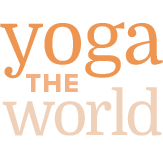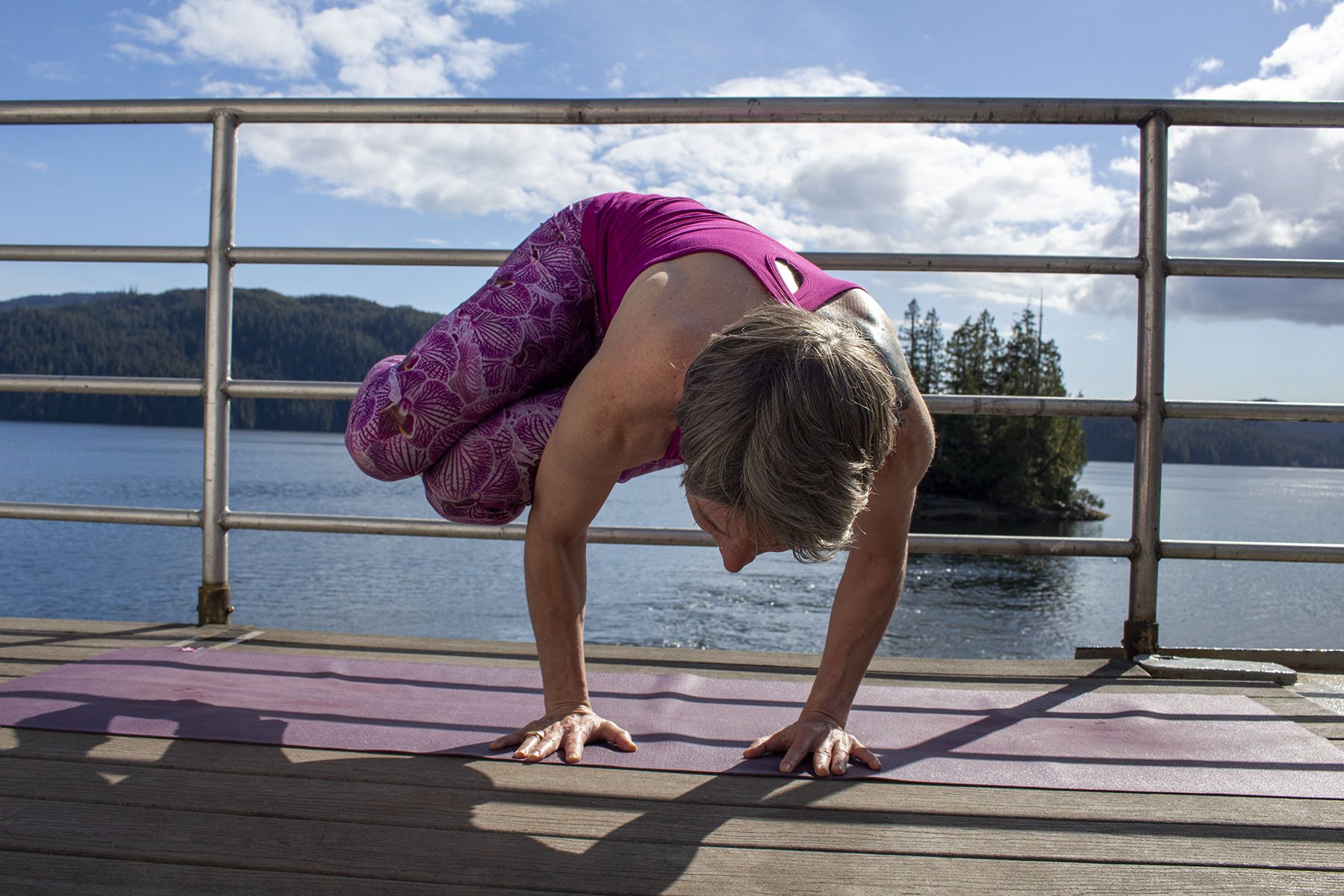I choose joy
I was 19 years old when I first became conscious of the mental overwhelm that can come with too many life choices.
It was the late 80s, I was studying political science, and most of the assigned readings focused on the explosion of societal possibilities and its emotional toll on young people like myself. We could be whatever we set our minds to, was the thought, and what we set our minds to was not limited by cultural homogeneity. As a result, young people no longer felt boxed in by the dictates of their families or class, but rather inundated with way too many options. The consequences, the readings posited, was a feeling of loss for the things we didn’t choose.
In short: research showed that drowning in possibilities can end up feeling as limiting and heavy as having none.
This is where we all take a deep breath and acknowledge the privilege and choices we each have. The research I am alluding to came out of western Europe and did not deal with systemic exclusion and oppressive structures, which routinely, and still, limit available choices for most of the world’s population. Even so, and as a perhaps controversial statement, I believe with Viktor Frankl that no matter our circumstances, we can choose our attitude, and when this choice is guided by our underlying values it is both freeing and linked to our dignity as human beings.
I was thinking about this today as I visited a massive mega mall in central Bangkok. This may come as a surprise, but it is not super easy to find vegetarian food in many places catering to foreigners in Thailand. This is compounded by the fact that I don’t speak Thai, so it’s hard for me to make myself super well understood. (Even in Spain, where I speak the language, “no meat” is often understood as “a little bit of bacon is surely ok.”) At the mall today, I visited about 10 stalls before I found one with a dish that clearly had no meat.
As I sat down with my vegan gyoza with yuzu dip (side-note: delicious!), I felt relieved. Not because I had found something I wanted to eat, but because I had in essence pre-made my choice by deselecting animal products. The mall had three floors of bright, busy food stalls. If I had had to choose between all of them, I wouldn’t have had lunch at all. The “loss” of choices did not feel heavy to me, it felt light and freeing, allowing me to move on.
This principle applies to so many other things: career choices, family moments, prioritization of self and others. We always have choices, and when we ground them in values, the loss of what we don’t do is negligible. The attitude then is joy.

